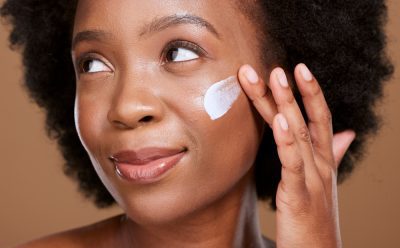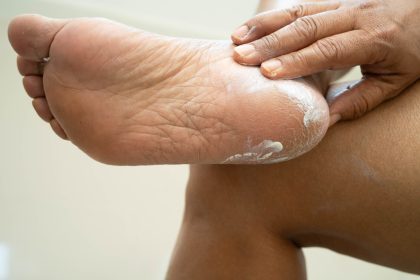The fountain of youth isn’t hiding in a $300 jar of face cream or a celebrity’s latest wellness trend. Real anti-aging happens at the cellular level, where the decisions you make every day either accelerate or slow down the biological processes that determine how quickly you age. The most powerful anti-aging strategies don’t require expensive procedures or miracle products, just consistent lifestyle choices that work with your body’s natural repair systems.
The truth about aging is that while you can’t stop time, you can dramatically influence how your body experiences the passage of time. Some people look and feel decades younger than their chronological age because they’ve adopted habits that support cellular health and longevity.
Intermittent fasting triggers cellular cleanup
When you give your digestive system regular breaks through intermittent fasting, your body shifts into repair mode and activates a process called autophagy, where cells literally clean out damaged components and regenerate themselves. This cellular housekeeping is one of the most powerful anti-aging mechanisms your body possesses.
You don’t need extreme fasting protocols to get these benefits. Even a simple 12-hour overnight fast between dinner and breakfast can trigger these cellular repair processes. The key is consistency rather than perfection, making this sustainable for long-term health benefits.
Strength training preserves muscle mass and bone density
After age 30, you lose muscle mass and bone density at an accelerating rate unless you actively work to maintain them. Strength training isn’t just about looking good, it’s about maintaining the physical foundation that keeps you functional and independent as you age.
Regular resistance exercise also improves hormone production, increases metabolism, and enhances insulin sensitivity, all of which contribute to healthy aging. You don’t need to become a bodybuilder, but consistent strength training twice a week can dramatically slow age-related physical decline.
Quality sleep becomes your anti-aging superpower
During deep sleep, your body releases growth hormone, repairs damaged tissues, consolidates memories, and clears metabolic waste from your brain. Poor sleep quality accelerates aging at the cellular level and increases your risk for age-related diseases.
Prioritizing sleep hygiene by maintaining consistent sleep and wake times, creating a dark sleeping environment, and avoiding screens before bed can have more anti-aging impact than most expensive treatments. Quality sleep is when your body does its most important repair work.
Chronic stress accelerates cellular aging
Chronic stress literally shortens your telomeres, the protective caps on chromosomes that determine cellular aging. Managing stress through meditation, exercise, or time in nature can slow this process. The key is finding sustainable stress management practices you can maintain long-term rather than trying to eliminate all stress from your life.
Sun protection prevents most visible aging
UV radiation causes up to 80% of visible facial aging, including wrinkles, age spots, and loss of skin elasticity. Consistent daily sunscreen use and protective clothing can prevent most damage. This means using broad-spectrum sunscreen as part of your daily routine and seeking shade during peak hours.
Anti-inflammatory foods fight aging from within
Chronic inflammation accelerates aging throughout your body, but certain foods help reduce this inflammation and support cellular health. Omega-3 rich fish, colorful vegetables, berries, and foods high in antioxidants help combat the oxidative stress that contributes to aging.
Social connections extend lifespan
Strong social relationships and community connections are associated with longer lifespan and better health outcomes as people age. Loneliness and social isolation have health impacts comparable to smoking or obesity in terms of their effects on longevity.
Lifelong learning keeps your brain young
Continuously challenging your brain with new learning experiences, whether through formal education, new hobbies, or complex mental tasks, helps maintain cognitive function and may protect against age-related mental decline.
The most effective anti-aging approach combines several of these strategies rather than focusing on just one. Small, consistent choices in multiple areas create a compound effect that can dramatically slow the aging process and extend both lifespan and health span. The goal isn’t to look 25 forever, but to age gracefully while maintaining energy, health, and vitality throughout your life.


















